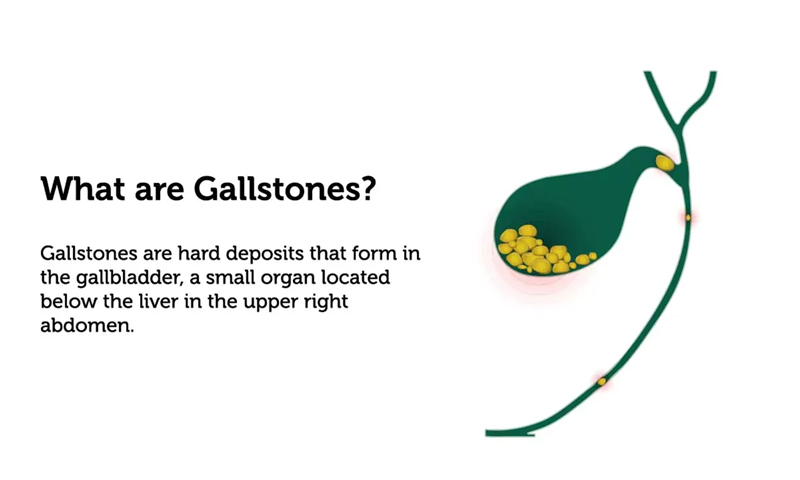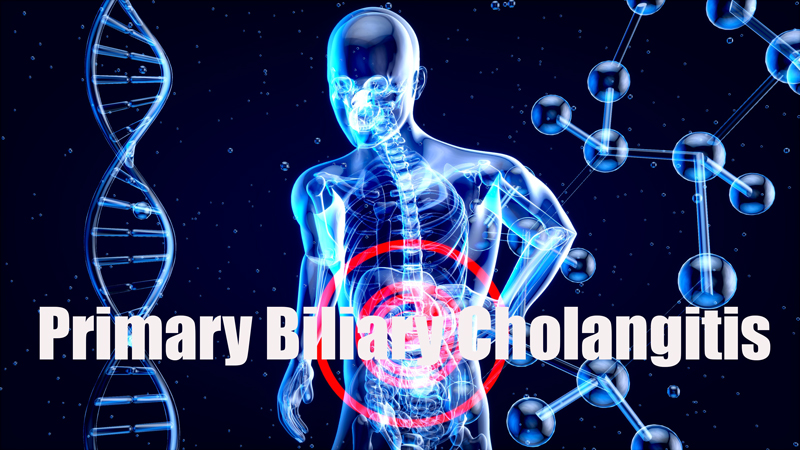Gallstones: Causes, Symptoms, Treatment, and Prevention
Sept. 9, 2023 #Cholesterol
Understanding Gallstones
Gallstones are small, solid masses that form in the gallbladder due to an imbalance in bile constituents like cholesterol or bilirubin. If left untreated, they can cause severe discomfort and complications. Gallstones can be of two types - cholesterol stones or pigment stones, with the former being more common. These stones can block the bile duct, leading to intense abdominal pain called biliary colic or a gallbladder attack.
Treatment Options
The treatment for gallstones depends on their severity. If the stones are asymptomatic, treatment may not be necessary. However, for those experiencing gallbladder attacks, surgical removal of the gallbladder (cholecystectomy) is typically recommended. This procedure can be done through small incisions or a larger incision, under general anesthesia. In rare cases where surgery is not possible, medication can be used to dissolve the stones or lithotripsy can break them down physically.
Prevention and Precautions
Taking preventive measures and making certain lifestyle choices can significantly reduce the risk of developing gallstones. Here are some precautions to consider:
- Maintain a healthy diet: Consume less cholesterol and saturated fats to prevent cholesterol stone formation.
- Avoid rapid weight loss: Gradual and sustainable weight loss is recommended to avoid an increased risk of gallstones.
- Exercise regularly: Engage in regular physical activity to regulate weight and promote healthy gallbladder function.
By following these precautions and making healthy choices, you can lower your risk of developing gallstones and related complications.
Symptoms of Gallstones
Common symptoms of gallstones include:
- Pain in the upper abdomen: Intense pain on the right side or upper abdomen, radiating to the back or shoulder.
- Nausea and vomiting: Irritation of the digestive system leading to feelings of nausea and bouts of vomiting.
- Jaundice: Yellowing of the skin and eyes due to bilirubin build-up caused by gallstone blockage of the bile duct.
- Indigestion and bloating: Discomfort, indigestion, and bloating after consuming fatty or greasy foods due to disrupted bile flow.
- Fever and chills: Inflammation and infection in the gallbladder can result in fever and chills.
If you are experiencing any of these symptoms, consult a specialist doctor for diagnosis and appropriate treatment.
Treatment Options for Gallstones
Treatment options for gallstones vary based on severity. The common approaches include:
1. Medication
Medication may be prescribed to dissolve gallstones by breaking down the cholesterol or pigment. This method is effective for small stones but can take time.
2. Surgery
Surgery, such as cholecystectomy, is recommended for more severe cases. This procedure removes the gallbladder, eliminating the risk of future gallstones and complications.
3. Endoscopic Procedures
Endoscopic procedures can be used to remove or break down gallstones. For example, endoscopic retrograde cholangiopancreatography (ERCP) enables stone removal or the placement of stents to keep ducts open.
4. Shock Wave Lithotripsy
Shock wave lithotripsy is a non-surgical procedure using sound waves to break down gallstones into smaller pieces for easier passage through the bile ducts and elimination from the body. It is suitable for specific types of stones.
5. Natural Remedies
Some individuals opt for natural remedies like dietary changes (increased fiber, avoidance of fatty foods) and herbal supplements (milk thistle, dandelion root) to manage symptoms or prevent gallstone formation.
Consult a healthcare professional to determine the appropriate treatment option for your specific condition.
Prevention of Gallstones
Preventive measures such as maintaining a healthy diet, avoiding rapid weight loss, and regular exercise can significantly reduce the risk of gallstone formation.
A healthy diet plays a crucial role in preventing gallstones. Consuming a low-cholesterol and low-saturated fat diet helps reduce the formation of cholesterol stones. Including plenty of fruits, vegetables, whole grains, and lean proteins promotes optimal gallbladder health.
Avoiding rapid weight loss is essential. Instead of crash diets, focus on sustainable weight loss by making long-term changes to your eating habits and incorporating regular exercise.
Regular exercise benefits both weight management and healthy gallbladder function. Engage in at least 30 minutes of moderate-intensity exercise, like brisk walking or cycling, on most days of the week.
Staying hydrated by drinking an adequate amount of water each day also maintains optimal gallbladder function and prevents bile concentration, contributing to gallstone formation.
By following these preventive measures, you can reduce your risk of developing gallstones and maintain a healthy gallbladder.









COMMENTS